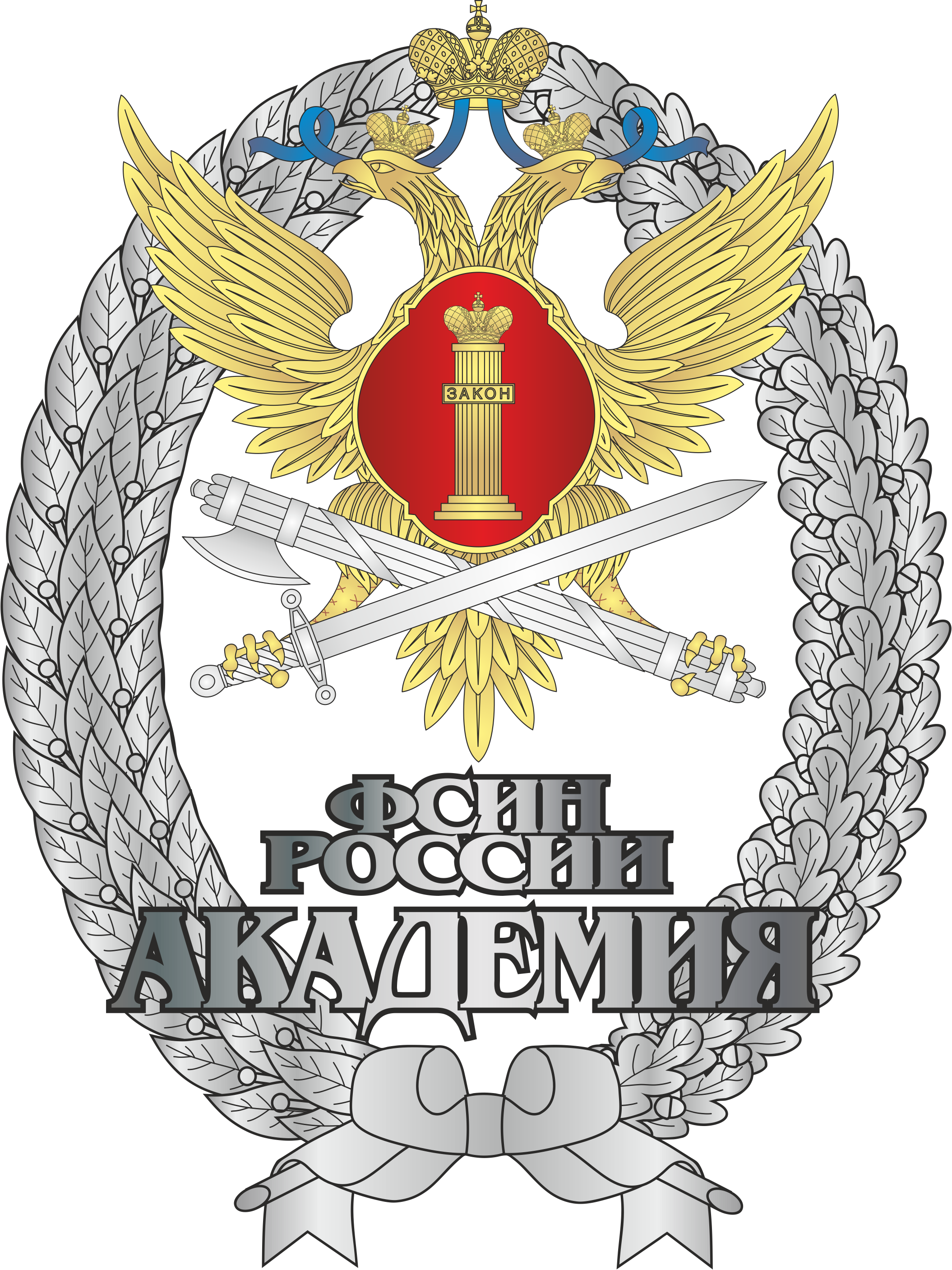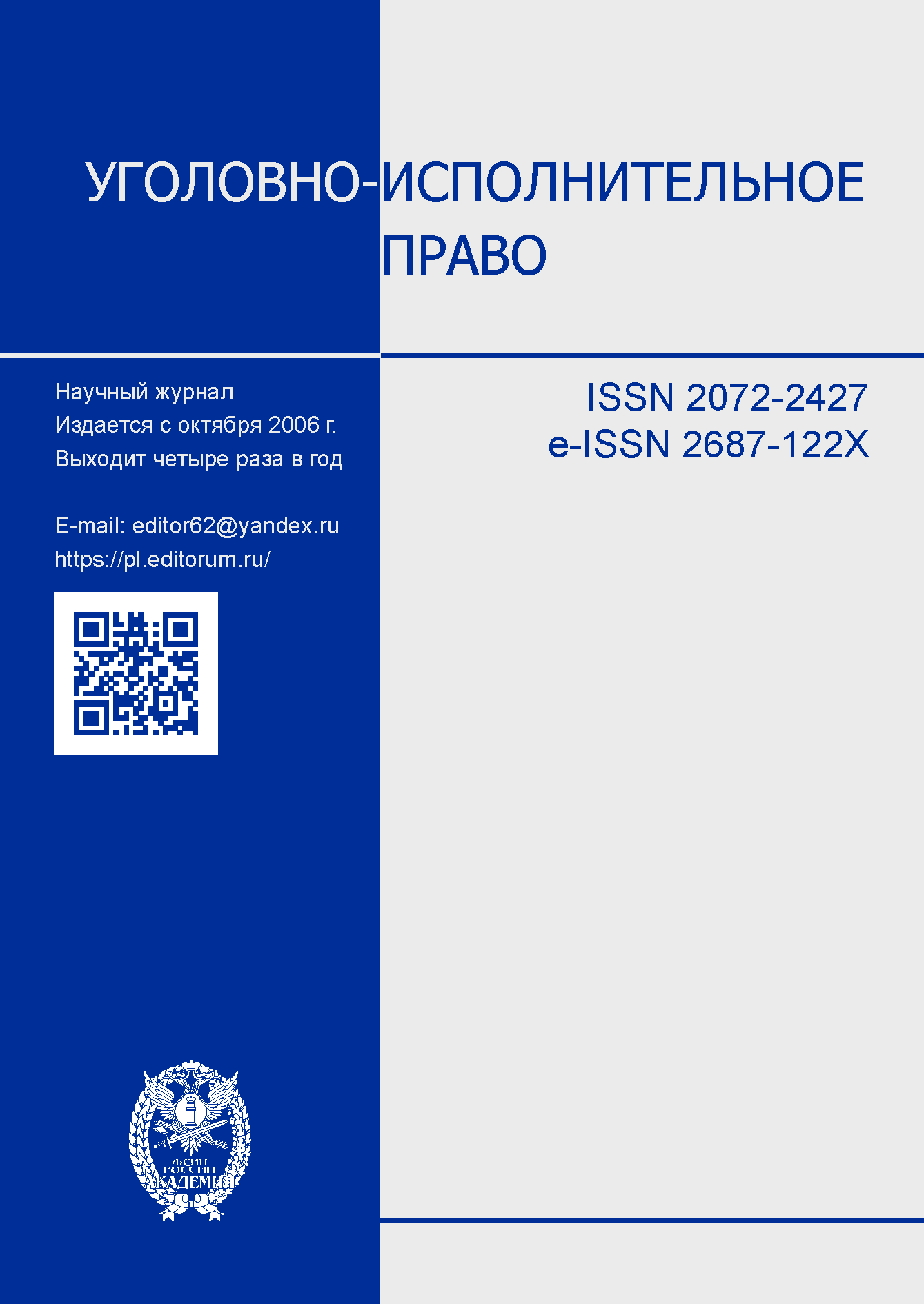employee from 01.01.2023 until now
Irkutsk State University (Department of State and Municipal Management, Professor)
employee from 01.01.2024 until now
Irkutsk, Irkutsk region, Russian Federation
employee from 01.01.2005 until now
Irkutsk, Irkutsk region, Russian Federation
UDC 343.85
The article reveals the features of criminal social development. The authors rely on the term "thieves in law" as a definition that captures a socio-cultural phenomenon in a closed community and affects not only the criminal environment, but also the everyday space of ordinary citizens.
"thieves in law", law, crime
1. Agapov, P. V., Salnikov, N. V. & Kondratyuk, S. V. 2021, ‘Actual issues of the implementation of criminal responsibility for occupying the highest position in the criminal hierarchy’, Law and order: history, theory, practice, iss. 3(30), pp. 49–55.
2. Barabanov, N. P. 2015, ‘Criminal subculture of convicts in correctional institutions: "thieves in law", "thieves' groups", leaders of the criminal environment, criminal "authorities"’, Penal law, iss. 1, pp. 17–25.
3. Baranovsky, I. 1995, ‘Assyrian son-in-law, nicknamed Japanese’, Moscow news, December 3.
4. Batishcheva, L. V., Zvirbul, V. I., Konakh, E. I. & Radutnaya, E. S. 1990, Bibliographic index of literature on Soviet criminology for 1966–1986, Moscow.
5. Vakutin, Yu. A. 1979, Dictionary of slang words and expressions. Tattoos, Omsk.
6. Varygin, A. N. 2023, ‘The personality of a modern criminal: changes, approaches to studying and influencing it’, in The personality of a criminal in a changing world (Dolgovsky readings): collection of materials of the III All-Russian Scientific and Practical Conference (Moscow, March 23–24, 2023), p. 223, Moscow.
7. Glonti, G. & Lobzhanidze, G. 2004, Professional crime in Georgia (thieves in law), Tbilisi.
8. Mironova, G. 2001, ‘In the Khabarovsk pre-trial detention center, a "watcher" for the Far East died’, Komsomolskaya Pravda, October 25.
9. Pozdnyakov, A. N. 2023, ‘Characteristics of the personality of a modern criminal authority and its applied significance’, in The personality of a criminal in a changing world (Dolgovsky readings): collection of materials of the III All-Russian Scientific and Practical Conference (Moscow, March 23–24, 2023), pp. 386–387, Moscow.
10. Polyushkevich, O. A. 2020, ‘Law and leadership in a changing world (developing the theory of M. Weber)’, in O. A. Polyushkevich & G. V. Druzhinina (eds), Social institutions in the legal dimension: theory and practice: proceedings of the II All-Russian Scientific and Practical Conference, pp. 31–33, Irkutsk.
11. Reent, Yu. A. 2009, ‘Socio-psychological features of criminal stratification of convicts in Russia’, Applied legal psychology, iss. 3, pp. 6–14.
12. Tarabrin, A. G. 2001, Thieves in law and authorities, Moscow.
13. Utevsky, B. 1929, ‘How many professional criminals do we have and what to do with them’, Administrative Bulletin, iss. 4, pp. 12–13.
14. Sheporov, E. 1997, ‘Bunks for a Jap’, Rossijskaja gazeta, February 1.
15. Shakiryanov, M. M. 2004, Criminal traditions among convicts in correctional institutions and the fight against them: PhD thesis (Law), St. Petersburg.











